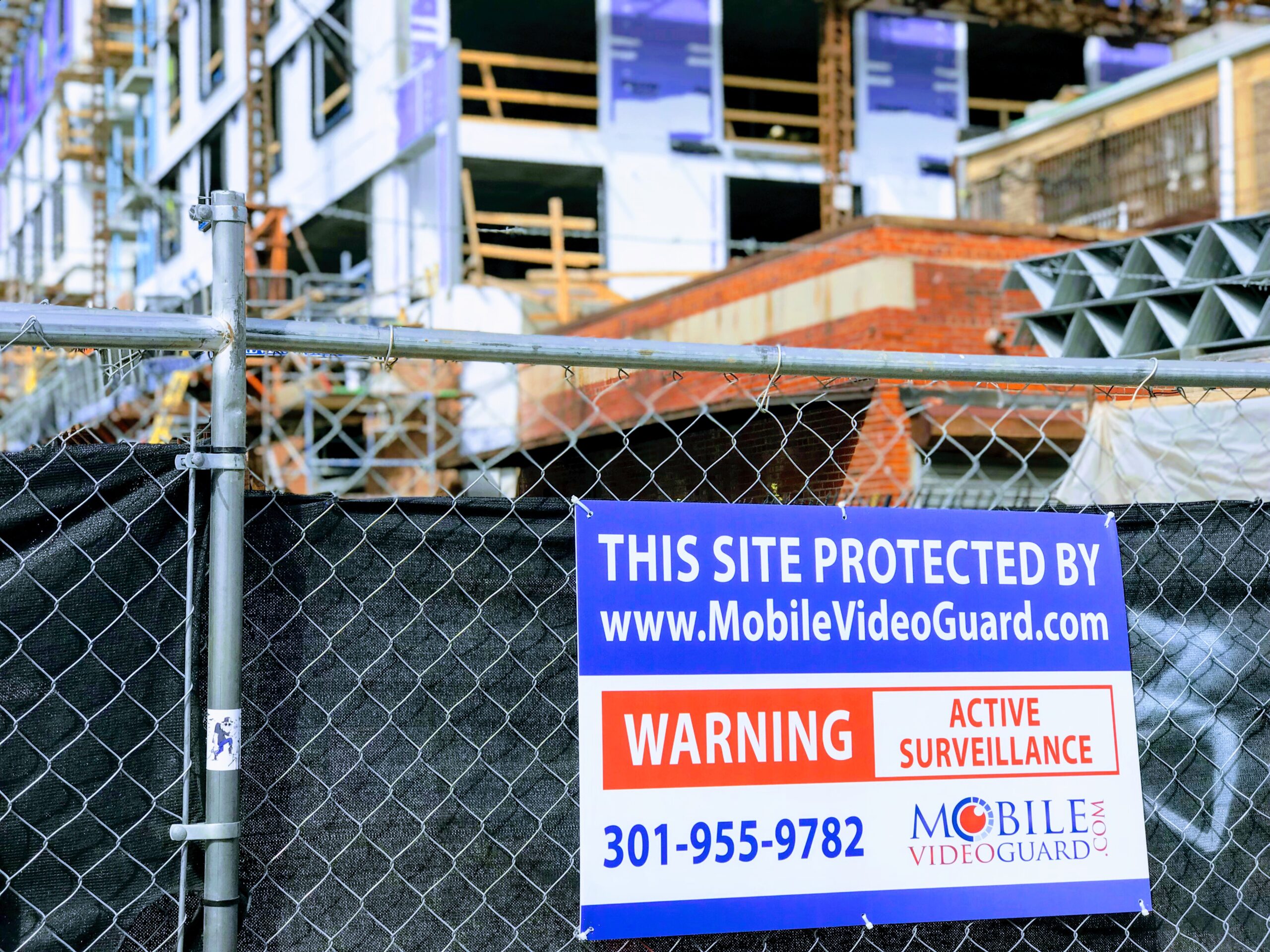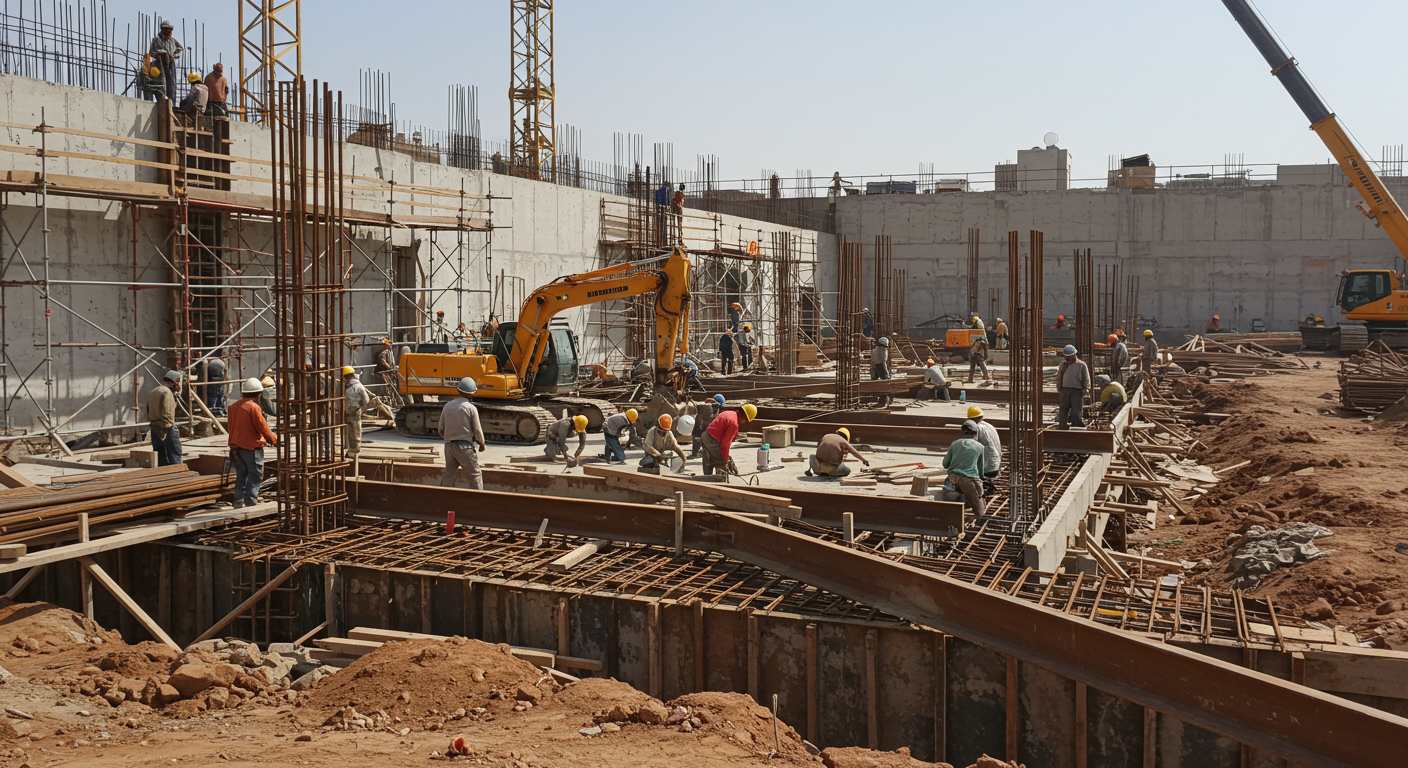Storage Lot Showdown: DVR vs. NVR Security Camera Systems
Owning a storage lot can be an excellent investment, and deploying first-class security surveillance is the best way to protect it against bad actors. Storage lots aren’t just a major financial commitment for their owners; customers using your lot are trusting you to protect their possessions when they’re on your property. It is mission-critical for lot owners to minimize every potential risk of liability or loss, which could amount to thousands of dollars and serious damage to their reputation.
Video security protects against multiple threats – including those that come from inside. Lot owners who make this wise security decision then have two types of camera systems to consider: Network Video Recorder (NVR) or Digital Video Recorder (DVR). This guide will highlight why selecting one is necessary, and it will spotlight the pros and cons of each setup so lot owners can choose the best surveillance for their site.
Why Storage Lots Need Video Surveillance

Storage lots run a triple risk of vulnerabilities that present criminals with chances to strike. These dangers range from location-based to human error, which isn’t immediately apparent. A storage lot manager trusting staff and customers sounds acceptable, for example, but it’s just another security flaw.
The main risks to consider before selecting a DVR vs. NVR security camera system are:
They Have a High-Risk Profile
Lots of any kind are exposed to public view, which makes them highly vulnerable to criminal study and attack. Storage lots run some of the highest risks of all, as vandals and thieves know there is always something of value there.
Employee Theft Is a Major Issue
It is a sad security fact that the very people trusted to protect possessions are often the ones stealing them. Lot owners should remain diligent, because only 4% of thieves have a prior conviction, and stealing can continue for months before they’re caught.
Your Customers May Not Be What They Seem

Privacy is the second watchword of storage lots, with customers able to discreetly access their allotted space at any time, day or night. Criminals and drug dealers can easily exploit this freedom by using these enclosed spaces to conduct illegal operations.
Video surveillance can provide invaluable recorded evidence against these risks, where human fallibility, awkward sightlines, and time of day could easily compromise security. Accepting these risks is the first step toward mitigating them. Careful consideration of the best camera configuration for your storage lot and budget is next.
DVR vs. NVR Security Camera System

Both of these systems are worthwhile, but their ultimate effectiveness depends on factors like which sort of storage lot business you’re running and how high you want resolution levels to go. There is no such thing as a perfect security solution; every decision involves selecting which cons you can live with along with the pros.
Camera and Cable Type
NVR systems use internet protocol (IP) cameras run wirelessly or through Ethernet cables, while DVR uses less complex analog and coaxial, or “coax,” cameras and cables. Coax cables are versatile, as they allow easier upgrading of existing coax lines while also providing greater cable distance than IP systems (a potential advantage for larger lots). Ethernet cables offer benefits that include greater speed and lower signal interference.
Image and Recording Levels
NVR cameras edge out DVR by delivering image quality ranging from 2 megapixels to 12 megapixels and reaching resolutions as high as 4K. DVR cameras, by comparison, have a quality and resolution level that typically caps out between 2 megapixels and 4 megapixels, levels better suited to providing a general overview of the lot. The higher the resolution, the easier it is to record finer details like license plates, clothing, and suspect characteristics.
Ease of Setup
Both systems offer relatively simple installation, depending on how much security you already have in place. DVR cameras can slot right into existing analog security systems but require a lengthier setup if no current system exists. NVR provides a quick install if you’re adding your first security package, particularly if the configuration is wireless. There’s a potential difficulty with NVR, however: It requires more complicated software than DVR, which may be an installation pain point for those less technology-minded.
Price Points
DVR tends to be the cheaper option due to being more of a legacy configuration, while NVR usually uses technology that’s more current, if not cutting edge. DVR cameras also lack the multiple lenses of the IP models, which further lowers DVR’s initial cost. Lot owners should remember that costs do extend beyond the initial hardware and software; NVR, for instance, requires a consistent and reasonably fast internet connection, which adds a regular monthly charge.
A General Security Overview
NVR via Ethernet cables offers tighter manual security because a device must be physically plugged into a network, whereas hackers can access and interrupt a wireless signal. This pro quickly becomes a disadvantage, however, if unscrupulous employees have physical access. One major downside of DVR is that it can’t record audio, which, while not essential for effective surveillance, could still mean you miss important security details.
Ask anyone what the top concern is for storage lots and the answer will be “security.” Working with an experienced surveillance provider helps lot owners find a site-specific solution that’s cost-effective and reassures their customers. Only criminals end up lacking confidence when storage lots are under constant watch.
Contact Our Site Security Experts With Any Questions
Storage lots can either be hotspots for criminal activity or safe zones for property, customers, and staff. The Mobile Video Guard team is here to help storage lot owners choose between a DVR vs. NVR security camera system to find the optimal setup for their situation.
We make safeguarding everyone’s investment much easier through our specialization in tailored, remotely monitored video surveillance at a fixed monthly cost. Contact Mobile Video Guard and speak to an expert today about your remote video surveillance needs.



